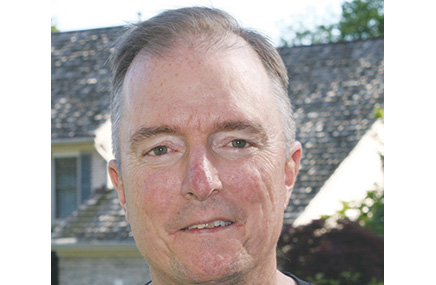On August 1, the regulations implementing the Physician Payments Sunshine Act took full effect, requiring pharmaceutical and medical device companies to report certain payments and transfers of value made to physicians and teaching hospitals. The definition for physicians includes all MDs, DOs, dentists, dental surgeons, optometrists, chiropractors and podiatrists. The list of items to report includes most marketing and medical affairs activities. Payments under $10 do not have to be reported, but companies still have to track all payments and report on physicians receiving more than $100 in payments or transfers of value for the year.
One exception: accredited continuing medical education (CME). The Centers for Medicare and Medicaid Services (CMS)provided an exclusion for payments to faculty and speakers at accredited events and one for attendees at CME events if the food served is not separable, i.e., a buffet or box lunch. To qualify for the exclusion, the ACCME, AMA, American Osteopathic Association, AAFP or American Dental Association must accredit the CME activities. Commercial supporters may not provide a list of or suggest faculty—or pay the faculty directly.
In my opinion, CMS included the CME exclusion because it recognized the value of accredited CME and that the rules in place provide for separation from supporter influence. CME at local venues is the best opportunity for the free exchange of ideas and forums for learning about new medical technologies.
Given the various formats where physicians can participate in accredited CME, it should be considered one option for companies looking to help educate healthcare professionals.
Tom Sullivan is president of Rockpointe, an accredited CME company.
From the September 01, 2013 Issue of MM+M - Medical Marketing and Media







